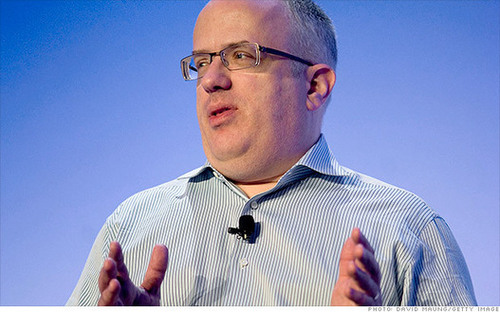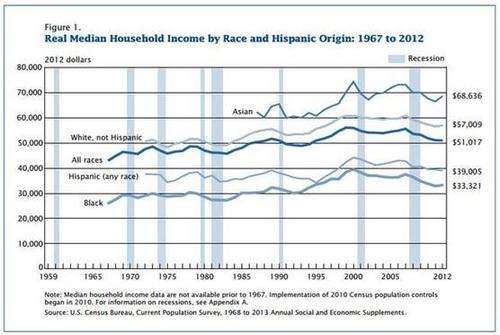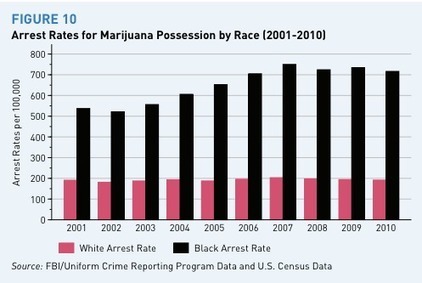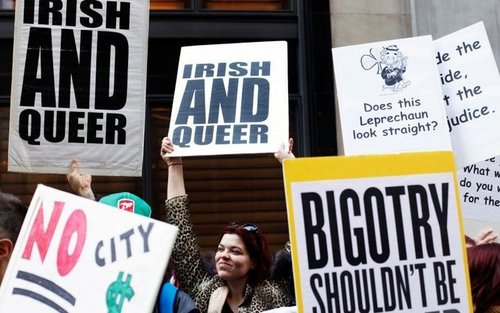
“… Maddy, I can understand you more now as a person, but I still don’t like that you changed your vote. There, I said it. Does that mean that I hate you? No. Does it mean I have no respect for you as a person? No. If I were to meet you, I would want to sit and hear about everything you experienced in Seminole County. I think we might have something in common moving away from our hometown within our hometown, to find that people in other parts of this great nation are not welcoming to “outsiders.”
I would tell you that our brains process what our guts tell us. Example? When you were mocked and demeaned, did you first feel it in your gut, or your brain? It took your brain time to discern that the women were not laughing with you, but at you. If your gut hadn’t processed their motivation, your brain would not have discerned it.
So, what is the problem that the anti-Trayvon Martin camp has with Maddy and Lisa Bloom’s interview of her? They allege that Maddy told Reverend Sharpton on his Politics Nation program, that she had not been bullied.
Thankfully, that interview is on Youtube. Reverend Sharpton said that there are those who question what happened in the jury room. Did people pressure people? Were people bullying Maddy? He asked her directly, “Were you bullied, Maddy?” Maddy hesitated. She started her answer with “we.” She stopped again, and when she continued stated, “I can’t say I was bullied.”
As she continues, she goes back and repeats what she has always contended; i.e., that the way the law was read to her, she could not say that Zimmerman was guilty.
What I see in Maddy’s interview on Politics Nation, and her interview with Lisa Bloom, is that Maddy speaks of two distinct times. She tells Lisa Bloom what happened BEFORE the jury deliberated and it was at that time when she was bullied. By the time that the jury deliberated, two of the jurors had already re-defined Maddy in her person to believe that she was not educated and intelligent enough to understand anything presented to the jury at trial, neither the jury instructions, nor the law to in which to apply the facts. By the time of jury deliberations, there was no further need to bully Maddy. She was already intimidated…”
See on blackbutterfly7.wordpress.com
Like this:
Like Loading...











